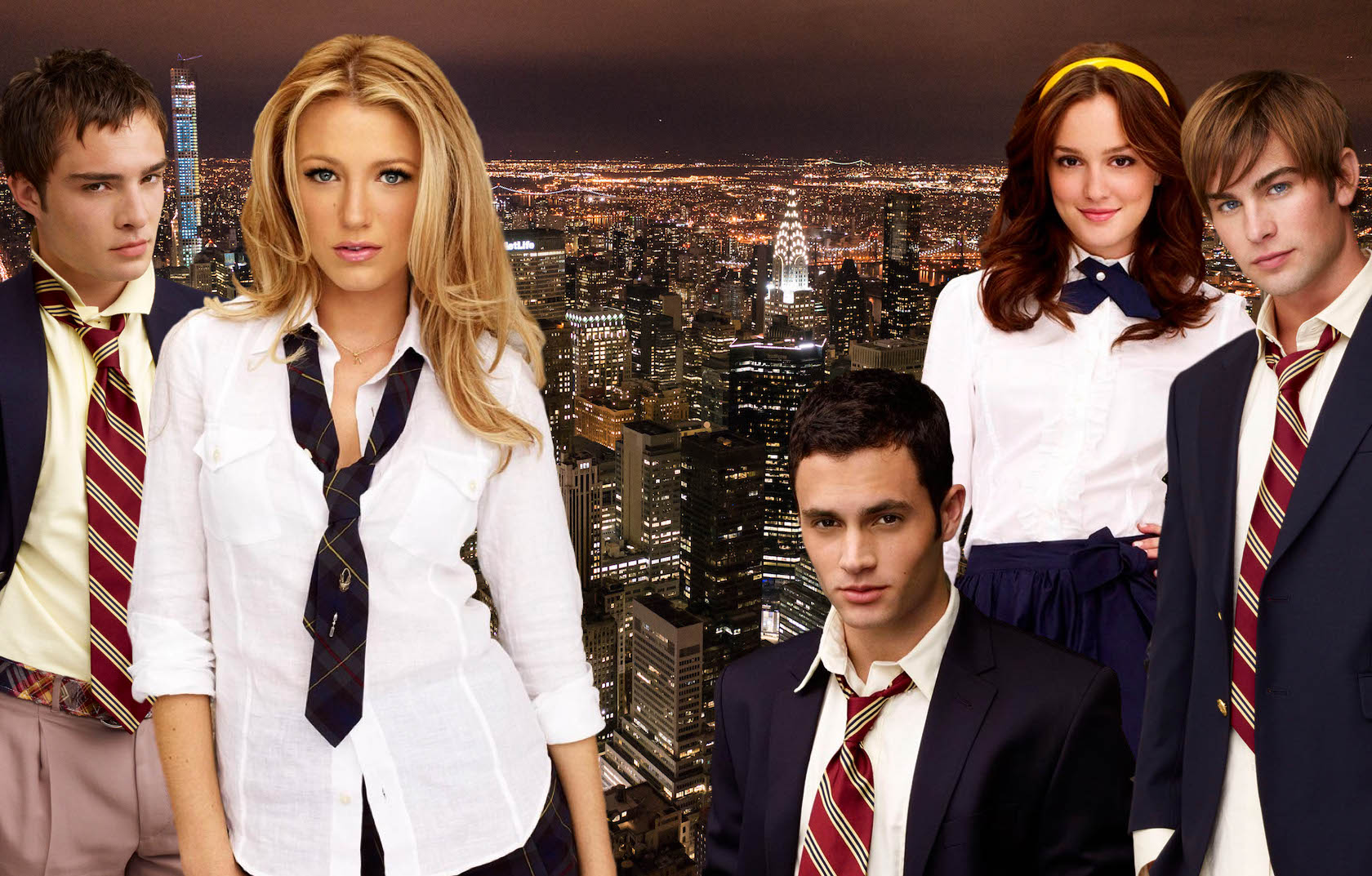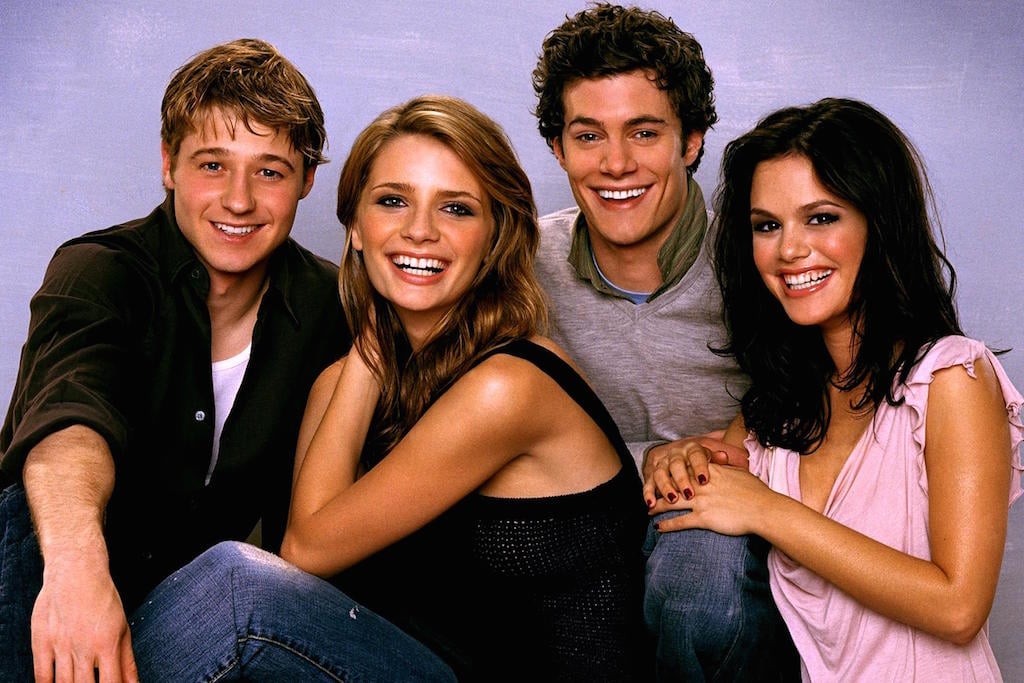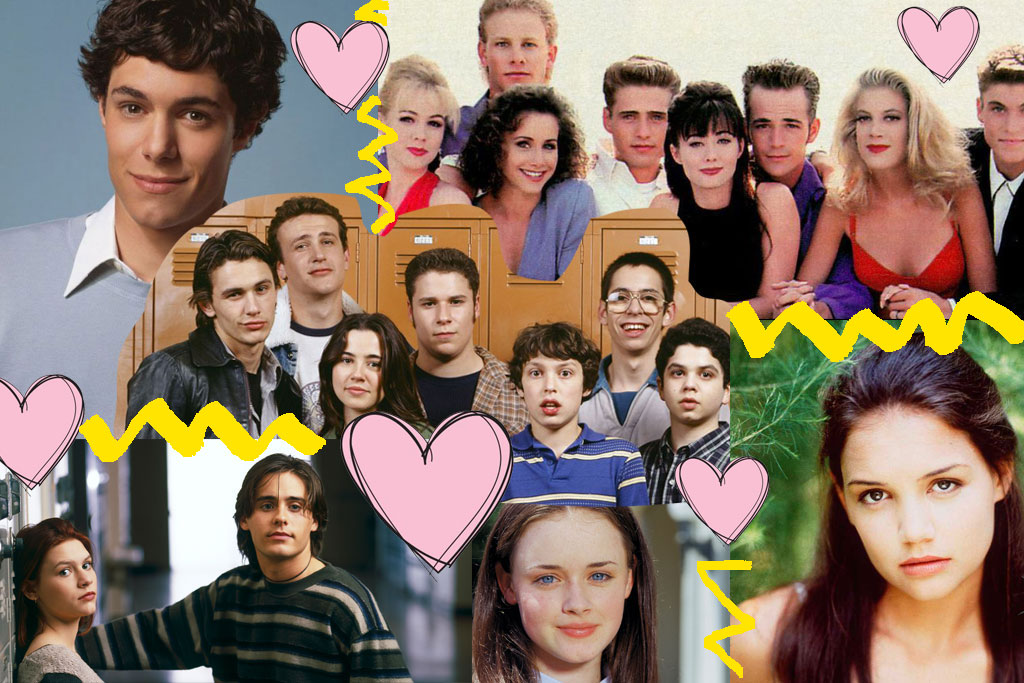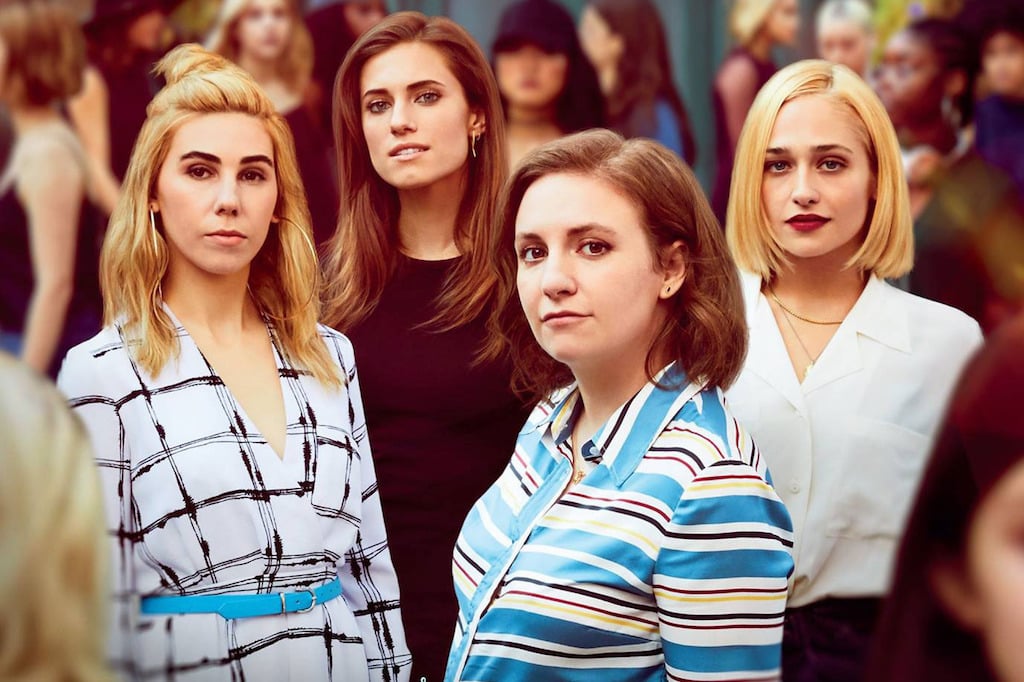When I pitched this story to my editor a month ago I didn’t expect I’d be rushing to file while on holidays in New York. After all, the best way to ruin a break from work is by actually doing work.
But as my Connecticut train pulled into Grand Central, just like Serena van der Woodsen’s did exactly 10 years ago (sans the Peter Bjorn and John soundtrack), marking the arrival of the Greatest TV Show Of Our Time, it hit me. Where else would I want to be?
Gossip Girl first aired on September 19, 2007. Within a year, Vulture had declared it “the most awesomely awesome show ever” and “the greatest teen drama of all time”.
They were right. The show had a profound cultural impact on my generation, and me personally. I had a column in the student paper named after the show. Between 2007 and 2009, my ringtone was ‘Moon River’, from Breakfast at Tiffany’s — Blair Waldorf’s favourite film. In 2012 I made a pilgrimage to New York’s Empire Hotel, famous at the time for its Gossip Girl-themed cocktails (I drank a ‘Serena’).
Maybe I took the obsession too far, but Gossip Girl deserves recognition for the way it has impacted pop culture since it debuted.
Even before it hit our screens, Gossip Girl had a lot going for it. It was based on a series of bestselling novels and produced by the powerhouse duo of Josh Schwartz and Stephanie Savage, the pair responsible for The O.C. (the second greatest teen show ever made). That meant there were two pre-built audiences primed for more teen drama, as well as a huge amount of public and critical expectation.
Still, there are no guarantees in the entertainment industry. The O.C.’s dramatic rise and fall provided a threatening backdrop. Would Schwartz and Savage be able to avoid their earlier mistakes?
Ultimately Gossip Girl delivered. Despite the fact the show never rated particularly highly and failed to win a single critical award, the series not only reshaped the industry by setting a new standard for teen entertainment, as well as ‘middlebrow’ TV more generally, but it created an entire cultural moment.
10 years on, it’s worth looking at why the show became so enormously popular, what its legacy is, and why something like Gossip Girl could never exist in 2017.

Lifestyles Of The Rich And The Famous
Before we get into the social politics of Gossip Girl we need to understand why it was so appealing on a fundamental level.
In general, what makes teen drama so fun to watch is that it’s relatable. The O.C. might have been set in an obscenely wealthy enclave unfamiliar to most viewers, but it was basically a high school drama. There were class politics, old people having affairs, and confusing real estate plotlines, but at its core it was about young people in school, listening to good music and trying to sleep with each other. Relatable.
But the Upper East Side is an even more alien setting than California’s Orange County. Forget the one percent, Gossip Girl is about the social lives of the 0.1 percent: the over-privileged, bratty, self-indulgent heirs and heiress to old money fortunes.
Sure, they’re technically in school but most of the show is set in bars, clubs and hotel rooms. In The O.C. we worried about whether Ryan would make it to college. In Gossip Girl the tension is around whether the characters will go with Princeton, Yale or Brown, but it actually doesn’t matter either way because they’re all so rich they could flunk out and still live the rest of their lives in penthouses.
There’s actually very little about it that is relatable. So what makes it compelling?
The single best adjective to describe Gossip Girl is “absurd”. The premise of the show is absurd, the situations the characters find themselves in are absurd, the methods they use to fix problems are absurd, and the longer the show went on the more absurd it got.
Gossip Girl was absurdist escapism and fantasy, and best of all it knew it. Of course there were themes in there about family, loyalty, and relationships, but the situations were so wildly disconnected from reality it’s hard to think of any serious life lesson you can glean on those topics.
We didn’t watch Gossip Girl because it was a mirror to our lives, telling us uncomfortable truths and helping us make sense of our world. It was the opposite: a portal we wanted to jump through so we could frolic amongst the rich and famous, where the biggest dilemma we faced was deciding whether to go to the Hamptons or Spain for summer.
The show took the the nightlife and opulence of Manhattan, normally reserved for boring, old bankers and hedge fund managers, and populated it with horny teenagers.
Everyone was absurdly hot, absurdly well-dressed and absurdly rich. Even the Humphrey clan, who were supposed to represent the less well-off foil to the Upper East Siders were laughably wealthy. They might not have been from Manhattan but they lived in a Brooklyn loft the size of Texas. Rufus, the family patriarch, was a former rockstar who owned a hip art gallery. There were no real poor people on the show — something we’ll discuss later.
The show took the the nightlife and opulence of Manhattan, normally reserved for boring, old bankers and hedge fund managers, and populated it with horny teenagers. The characters might have been cardboard cut-outs (though they did develop more complexity as the show went on) but that didn’t really matter either. There were enough clichéd personality traits amongst the main cast that any teenager could find something they aspired too.
Sombre and brooding? You’re a Nate. Incredibly dumb but still somehow charming? Hey Dan. Scheming and manipulative? That’s Blair.
What really helped catapult Gossip Girl into pop culture greatness was the music. Thanks to The O.C., Schwartz and Savage knew the importance of a good soundtrack. Wisely, they brought Alexandra Patsavas, the music supervisor on The O.C., along to the show too.
While The O.C. leaned heavily on indie rock for its soundscape, Gossip Girl was more diverse, with pop, RnB and electronic tracks all underscoring key moments.
Whether it’s Robyn warming us up for a steamy Chuck and Blair sex scene or Death Cab for Cutie making us weep as lament another Dan and Serena break-up, the show nailed the music selection.
It was the aesthetic of the show, more than its relatability or thematic significance, that made it so enjoyable. But it would be wrong to write it off as vapid or lacking deeper cultural impact because of that. Even though the show was on many levels a shallow soap-opera, it was also prophetic on how the question of how technology would shape our lives, and change the way we consumed media.
“There’s This Thing Called MySpace”
If you didn’t watch the series when it originally aired, it’s easy to take its prescience for granted. The ubiquity of the internet, and social media in particular, is something obvious to all of us now. But back in 2007 that wasn’t the case.
The show’s portrayal of technology and the way young people embraced the internet in the late 2000s is a big part of what set it apart from The O.C. and other teen shows of that era.
But while Gossip Girl discussed how the internet impacts our lives, it was a very different internet.

“There’s this thing called MySpace where you post all this information online. Save some trees, have a blog,” Dan says to his dad in the show’s first episode. That’s the online context for Gossip Girl. Old people didn’t really understand the internet and MySpace was still the premier social networking platform.
The key mechanic of the show revolves around an anonymous gossip blog that relies on public tip-offs, through email and text message, to track the lives of the show’s protagonists — Manhattan’s elite. That conceit, which was the inspiration for most of the show’s plot, is a reminder of how rapidly our use of the internet has changed. The idea of a website like Gossip Girl doesn’t make sense in 2017.
We don’t need an anonymous blog to track the whereabouts of young, rich and attractive socialites. Instagram has allowed the Blairs and Serenas of the world to control the narrative around them, and profit from it. Serena van der Woodsen as an influencer? You know it makes perfect sense.
Time and time again, the lesson from the show is that the internet is an extension of our lives, not an escape from them.
But even though the mechanism is different, the show’s broader point still stands up. The internet is no longer a different universe from IRL. The two bleed into other now, as they did in the show. Characters would use Gossip Girl to wreak havoc and exert revenge, and in turn the online posts, photos and videos would have dramatic real-world consequences.
In a recent interview Kristen Bell, the voice of Gossip Girl, said the show’s producers were deliberately exploring that question: “What if the internet is just a place to judge people? What if that’s what it turns into?”
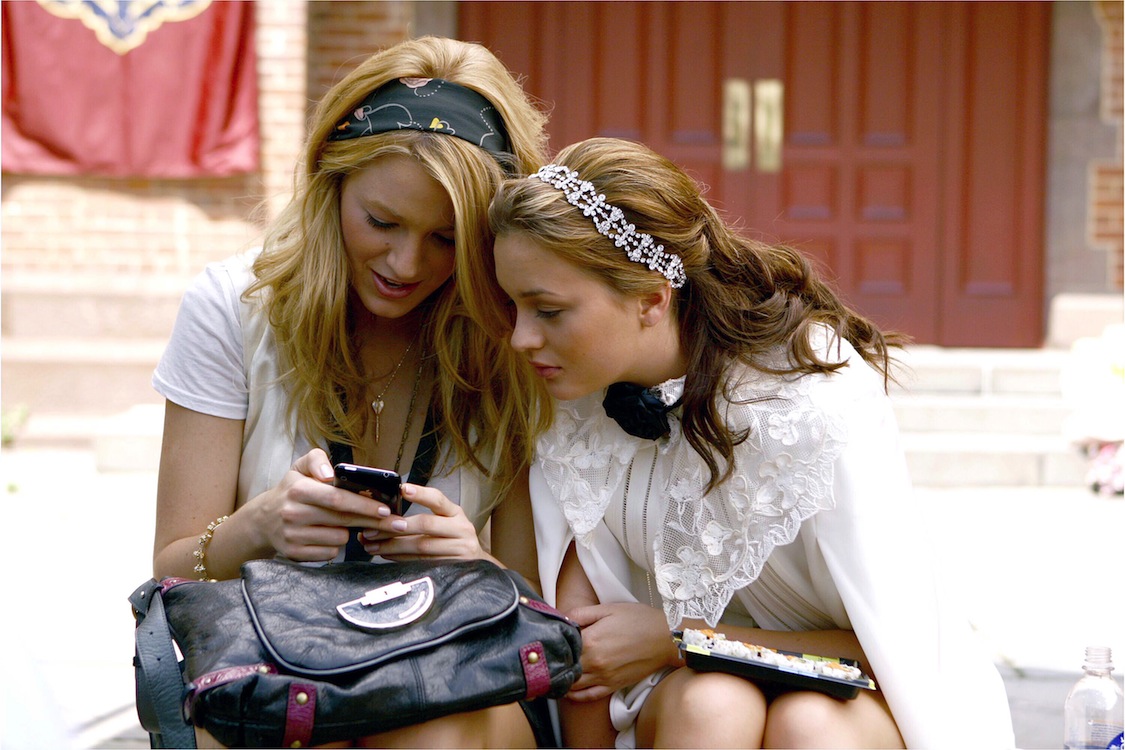
Even though the technology used in Gossip Girl can feel kind of antiquated now (phones with actual keyboards! MySpace!) it’s a testament to the show’s writers that core message still resonates. We can con ourselves into thinking that the internet is something distinct from the real world, through the anonymity it can offer. But time and time again the lesson from the show is that it’s an extension of our lives, not an escape from them.
Gossip Girl isn’t compelling any of the characters to do the morally ambiguous things they regularly end up doing, it’s just documenting it. While characters might find solace in blaming the internet, the situations they end up are of their own making.
These themes and the concept of embedding technology as a key plot device were pioneered by Gossip Girl but they’ve become a key part or more recent shows like Pretty Little Liars.
The Pre-Netflix Era
Gossip Girl was one of the first TV shows that found more success online than it did on TV, which was both a blessing and a curse.
In a pre-Netflix era, the show’s network, The CW, made the decision to release new episodes on iTunes and make them available for download online on the show’s website. It was a smart play designed to boost viewership amongst the show’s young audience, and it worked. Millions of people streamed and downloaded episodes, discussed them on blogs and created a huge fan community.
The problem was that all this detracted from the official TV ratings — at least from the network’s perspective. Media companies were still struggling to monetise online offerings, and advertisers only cared about headline rating figures which were never that good for Gossip Girl.
Frustrated by the fact Gossip Girl was having a huge cultural impact around the world, but not bringing in the ratings, The CW eventually pulled online distribution. But it didn’t help. Official ratings continued to decline, even as the show became more popular.
What Gossip Girl showed was that young audiences still wanted to watch good, fun TV. They just didn’t want to watch it on TV. It was a realisation that led to networks spending more time and money figuring out how to build sustainable online content delivery options, and the success of streaming platforms like Netflix.
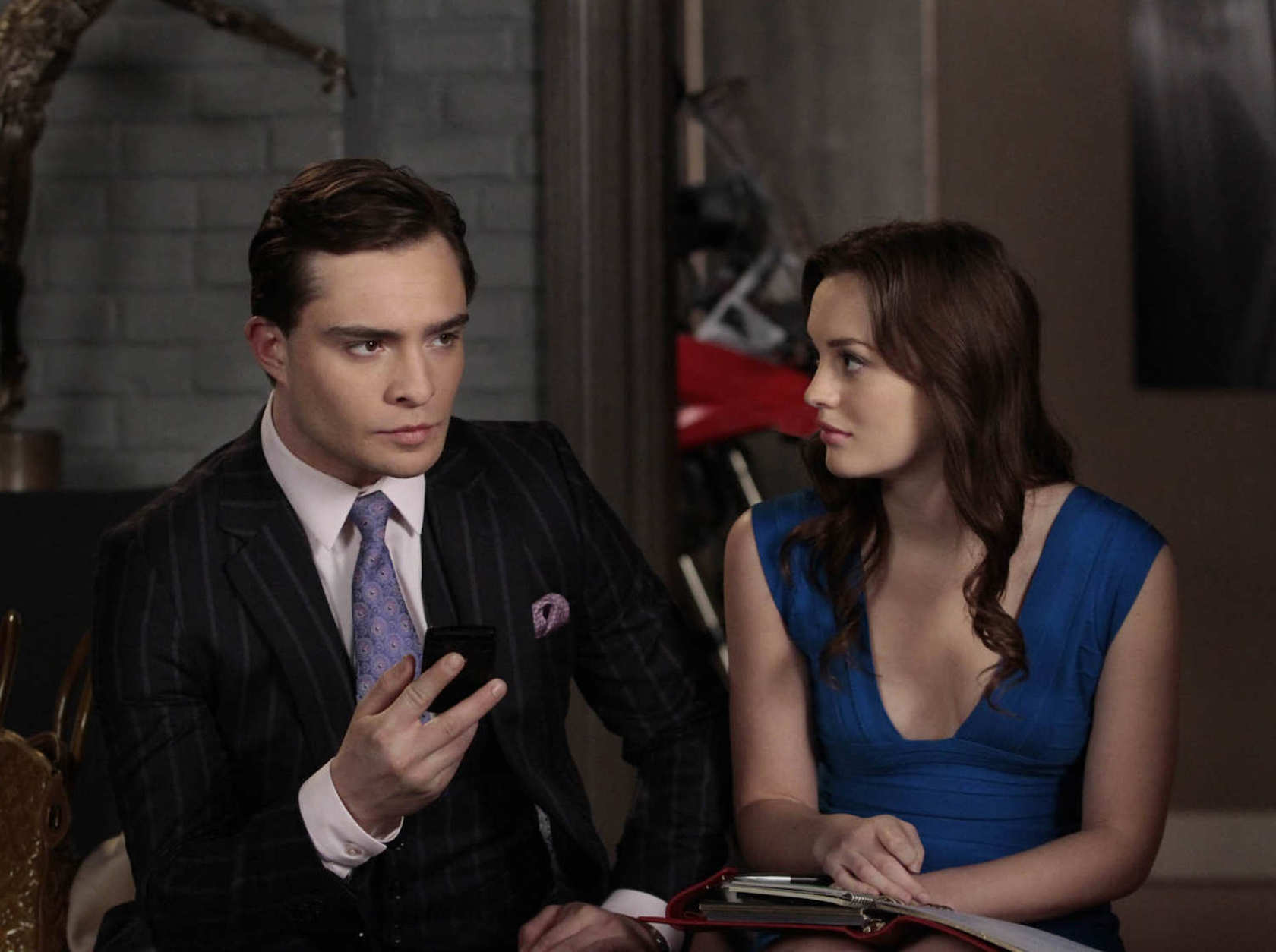
Gossip Girl Could Never Exist In 2017
The most fascinating thing about Gossip Girl is that even though it continues to have a huge influence on pop culture, there probably won’t be anything like it again.
If Gossip Girl came out now it would tank — and it’s got nothing to do with the dated fashion and technology.

There were two important historical moments in 2007 — the premiere of Gossip Girl and the beginning of the great financial crisis. The financial crisis was an important turning point, not just economically, but politically and culturally as well.
It was the most significant economic collapsed our generation had experienced, and it shattered our optimism and confidence in the system we’d been brought up in. Even if we were conscious of class division and inequality, decades of non-stop economic growth had papered up the cracks. You could watch a show like Gossip Girl without resentment.
But as the series progressed and the impacts of the financial crisis became more profound, the gap between what we were living and what we were watching became bigger.
The era of the rich, aspirational soap opera is over.
Graduates couldn’t find work. Student debt was ballooning. Inequality was getting worse. Manhattan’s elite were no longer benign rich idiots, but a group of people laughing it up while the rest of society struggled to deal with the problems they had caused.
The entertainment industry started pumping out TV shows and films grappling with the impacts of the crisis, but Gossip Girl shrunk into itself and doubled down on the extravagance, even introducing an actual royal family. It was a fundamental misreading of where the audience was at and I think the fact that the shows we’ve seen since are starkly different backs that up.
The era of the rich, aspirational soap opera is over. Now when we watch dramas about the lives of young people, we watch Master of None, Atlanta, Girls and Riverdale. These are shows that are closer to the lives of “ordinary” young people in various different contexts.
In some ways Girls is the most interesting comparison. The characters were nothing like those featured in Gossip Girl, but the fact the cast was largely made up of white, relatively privileged women living in New York opened it up to a significant amount of criticism. It’s worth reflecting on that because the criticism was much more intense than anything Gossip Girl received, despite the latter being far less diverse.
Our expectations have changed. A show that revolved exclusively around self-absorbed, extremely wealthy and overwhelmingly white characters wouldn’t fly now. In fact when Marvel tried to do that with Iron Fist, it was pilloried.
This isn’t to say we need to embark on some kind of revisionist journey and train ourselves to hate Gossip Girl. It’s about using the show to help understand when and how audience expectations change, and how big external events can lead to quite dramatic shifts.
Gossip Girl has left its mark on pop culture and 10 years on it’s still incredibly fun to watch. If we had to have one, final problematic show to go out on, I’m glad it was this one.

–
Feature image background: Flickr CC.
–
Osman Faruqi is Junkee’s News, Politics and Gossip Girl Editor. He tweets @oz_f.
